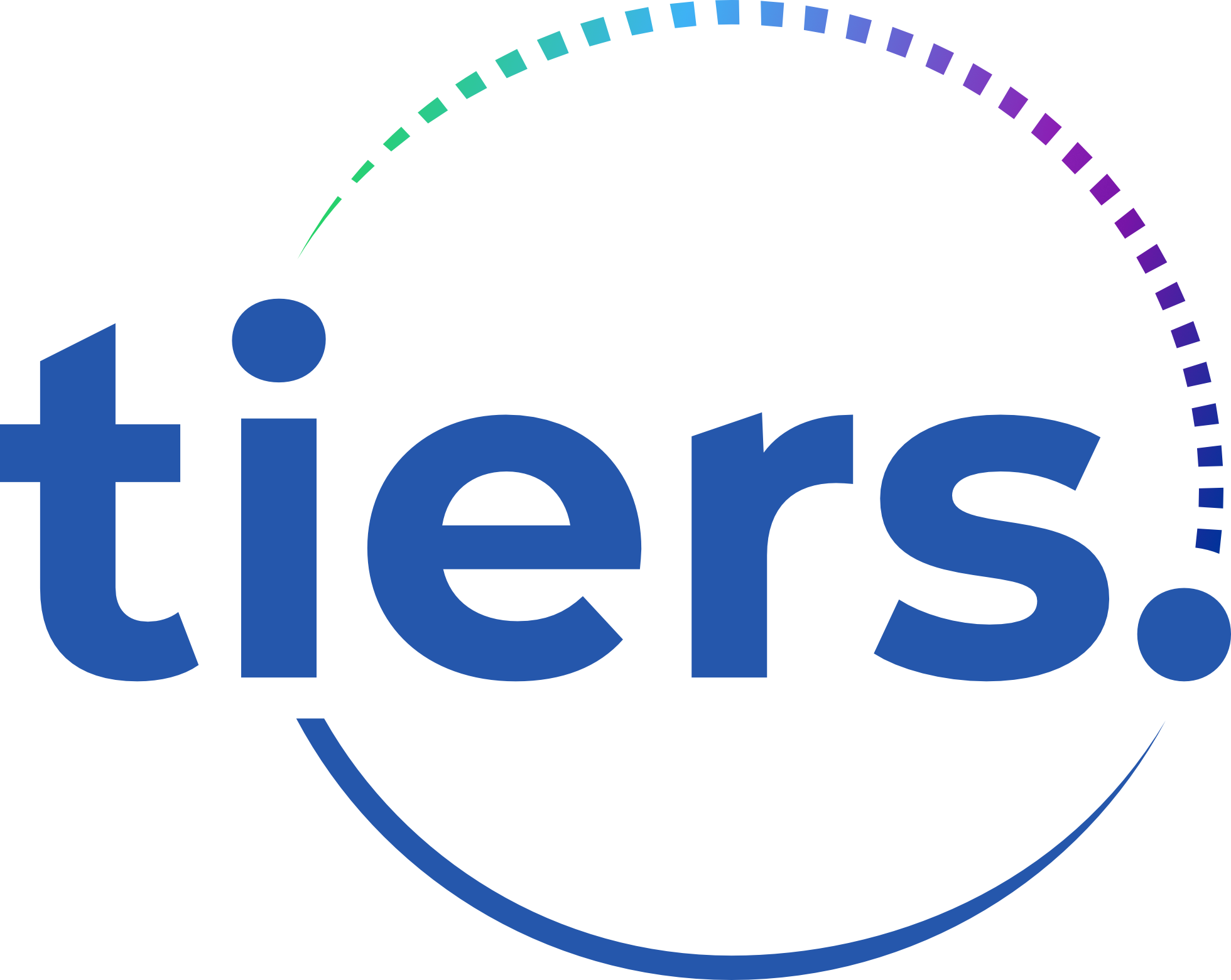Questions about salary expectations and talking about yourself come up during a job interview. Candidates often find it difficult to address these questions. Interviews can often be a stressful process. It’s not just about demonstrating your skills and qualifications but also an intense exercise in self-presentation. In this article, we’ll expose some common mistakes people make when approaching these questions and provide helpful strategies for successfully mastering these topics in your next job interview.
Answering the Dreaded ‘Tell Me About Yourself’ Question
Let’s face it – the ‘Tell Me About Yourself‘ question can be intimidating. It’s broad, open-ended, and can leave you scrambling to figure out what the interviewer wants to know. But don’t fear, we’ve got you covered. By avoiding these common mistakes, you’ll set yourself up for success and confidently answer this dreaded question.
Mistake 1: Reciting Your Resume Verbatim
An interviewer may want to hear a bullet-by-bullet rundown of your resume. That’s a common mistake. But in reality, they’re looking to hear valuable insights into your qualifications, experiences, and qualities that aren’t readily visible on your resume.
Mistake 2: Giving a Life Story
While it’s the broadest of questions, the interviewer is not inviting you to share a comprehensive personal history. Avoid the temptation to ramble. Your goal here is to give a concise, compelling pitch about yourself, not a biography.
Mistake 3: Being Too Modest
Many interviewees make the mistake of downplaying their accomplishments, afraid of seeming too arrogant. That is not the time to shy away from touting your accomplishments. You’re there to sell yourself, after all.
Mistake 4: Failing to Connect the Dots
Answering ‘Tell Me About Yourself’ without connecting your skills and experiences to the job is a missed opportunity. Use this question as a chance to illustrate why you’re a perfect fit for the role.
Mistake 5: Neglecting to Prepare
Many people assume they don’t need to prepare for a question as simple as ‘Tell Me About Yourself’. Nothing could be further from the truth. You should practice your response repeatedly, presenting a smooth, well-prepared narrative.
To avoid these common pitfalls and ace your response, here’s a simple structure to follow:
- Present: Discuss what you’re working on now and why you’re excited about it.
- Past: Highlight relevant experiences and accomplishments, returning them to the job requirements.
- Future: Explain your career goals and how they align with the company’s mission.
Remember, interviews are your chance to shine. By steering clear of these common missteps and preparing diligently, you’ll increase your chances of making a lasting impression and securing the job.
How to Answer Salary Expectation Question: Negotiation Strategies
Discussing salary is always tricky in any interview. It’s a dance between not undervaluing yourself and not scaring off potential employers with high demands. Here are some common mistakes in how to answer the salary expectation question, as well as strategic tips to help you navigate this challenging but crucial part of the interview process.
Mistake 1: Not Doing Your Homework
Only walk into an interview with a clear understanding of industry salary standards. Researching is key. Using tools likeScale Pay or Glassdoor can provide insights into the average salary range for your job type within your location. Having this information makes you better equipped to negotiate a fair salary.
Mistake 2: Accepting the First Offer
Consider the first offer an initial stepping stone, not the final verdict. You are expected to make a counteroffer. But remember, always be respectful and realistic in your negotiation. A massive sudden increase might come off as unprofessional.
How do you make a counteroffer?
Embarking on the course of a counteroffer can be quite the balancing act. You want to tip the scales favourably in your direction without upsetting your potential employer. Here are some common missteps people frequently make when counteroffering, along with solutions to keep negotiations smooth and gainful.
Have a holistic view
While salary is a big part of compensation, remember that other aspects can also be negotiated. This includes benefits like paid time off, flexible working hours, health insurance, bonuses, and more. Negotiation over these parts can bring notable value to your overall compensation package.
Justify Your Counteroffer
Don’t just pluck figures out of thin air to include in your counteroffer. Solid reasons should back up your negotiation. You may have additional certifications or experiences that should have been included in the original job description. Perhaps market research shows that someone with your background and experience can expect a higher salary. Whatever your reasons, make sure they’re grounded in fact.
Being Open to Discussion
Negotiation is just that: negotiation. It’s not just about demanding but about finding a compromise that satisfies both parties. Stay open to discussions and ready to modify your proposals if necessary. This is a good way to answer the salary expectation question.
Maintain professionalism
While it’s fine to be assertive, being overly aggressive can be a big turn-off for potential employers. Maintain professionalism and consider the other party’s perspective as well. Remember, you want to build a strong relationship with your future employer, not start wrong.
Keep these pitfalls in mind when navigating your next salary negotiation. Avoid them, and you’re more likely to achieve a successful result that satisfies both your financial needs and your professional objectives.
Quantifying Your Worth Correctly
When discussing salary, you need to reason with concrete facts and not just feelings. Discuss your skills, experiences, and the value you bring to the company. Refrain from bringing personal financial needs into the negotiation, keep the conversation professional and focus on your worth as a potential employee.
Being honest about your current salary
Transparency is always the best route. Inflating your current earnings to gain higher compensation can backfire. Many employers will conduct a background check or ask for salary slips before finalising an offer. Dishonesty in any form during the hiring process can threaten your employment potential.
Remember that salary is just one aspect of your compensation package. Benefits such as health care, retirement contributions, bonuses, and paid vacations can contribute significantly to your overall package. Weigh the complete offer before making or accepting an offer.
The trick to navigating salary negotiations is to be prepared, authentic, respectful, and realistic. Avoiding these common mistakes can help you secure a fair offer that reflects your worth.
Get informed on how to do more with your money.





